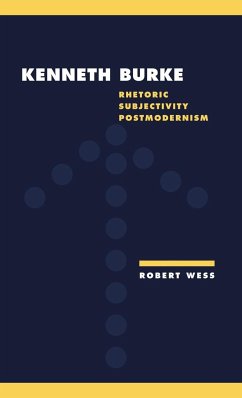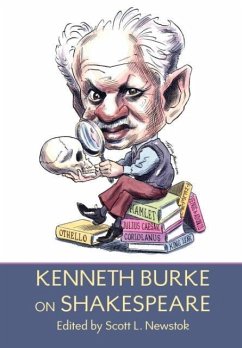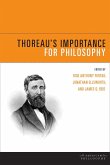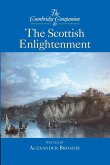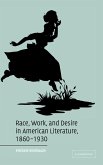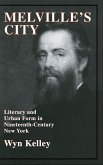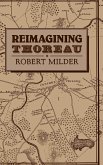Kenneth Burke, arguably the most important American literary theorist of the twentieth century, helped define the theoretical terrain for contemporary literary and cultural studies. His perspectives were literary and linguistic, but his influences ranged across history, philosophy and the social sciences. In this important and original study Robert Wess traces the trajectory of Burke's long career and situates his work in relation to post-modernity. His study is both an examination of contemporary theories of rhetoric, ideology and the subject, and an explanation of why Burke failed to complete his Motives trilogy. Burke's own critique of the "isolated unique individual" led him to question the possibility of unique individualism, a strategy which anticipated important elements of post-modern concepts of subjectivity.
Hinweis: Dieser Artikel kann nur an eine deutsche Lieferadresse ausgeliefert werden.
Hinweis: Dieser Artikel kann nur an eine deutsche Lieferadresse ausgeliefert werden.

